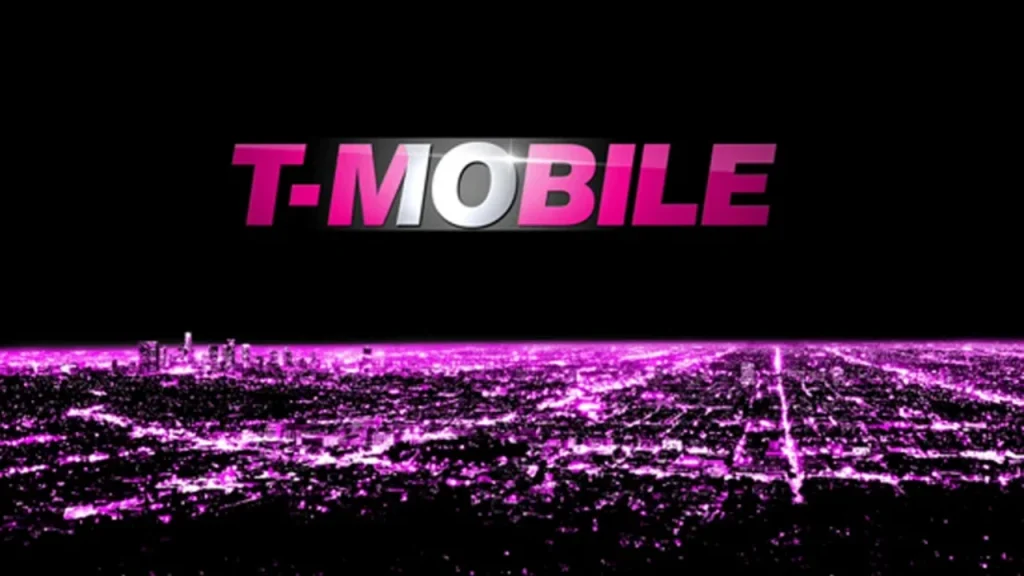The $4.4 billion deal adds critical mid-band spectrum to T-Mobile’s portfolio.
DOJ approval comes amid competition concerns in the US mobile market.
What happened: DOJ approves controversial US Cellular acquisition
T-Mobile has secured the green light from the US Department of Justice (DOJ) to acquire US Cellular’s wireless operations for $4.4 billion, a move that significantly enhances its 5G spectrum holdings in key regions. The agreement includes 30MHz of mid-band spectrum and covers customers, retail stores, and select infrastructure assets.
Despite the approval, the deal has sparked concerns about market concentration. Advocacy groups and smaller carriers warn that the move could reduce consumer choice, especially in rural markets. The DOJ acknowledged these concerns but concluded the acquisition does not materially lessen competition. T-Mobile committed to maintaining US Cellular’s retail footprint and customer service in the short term.
T-Mobile’s president of technology, Ulf Ewaldsson, described the acquisition as a “strategic step forward” in enhancing rural connectivity. The company aims to use the additional spectrum to improve 5G coverage in underserved areas and support advanced applications like private networks and industrial IoT.
Also Read: T-Mobile subscriber growth falls short
Also Read: T-Mobile finalises Lumos acquisition
Why it’s important
T-Mobile’s acquisition of US Cellular’s wireless operations adds another layer of complexity to the already concentrated US mobile market. While the deal could accelerate rural 5G deployment—addressing long-standing infrastructure gaps—it also raises red flags about reduced consumer choice. Industry analysts warn that fewer nationwide carriers could lead to diminished price competition and innovation over time, particularly for underserved communities and MVNOs (Mobile Virtual Network Operators) that rely on wholesale agreements.
The deal is significant not just because of its $4.4 billion scale, but because of the strategic mid-band spectrum it unlocks. This band is widely viewed as the sweet spot for 5G performance, balancing range and speed. With this addition, T-Mobile strengthens its lead in 5G spectrum holdings, especially in non-urban regions where rollout has lagged.
Moreover, this approval sets a regulatory precedent at a time when the US government is reassessing how to balance 5G expansion with fair market practices. The Federal Communications Commission (FCC) is preparing new spectrum auctions, and this merger may influence how access to these frequencies is regulated moving forward. Smaller carriers and consumer advocates will likely push for greater safeguards to prevent a duopoly from forming.
The DOJ’s decision to greenlight the acquisition despite market concentration concerns reflects the tension between rapid infrastructure deployment and the preservation of competition. How this balance is managed will determine whether rural users benefit in the long run—or face limited choice from a shrinking pool of operators.

